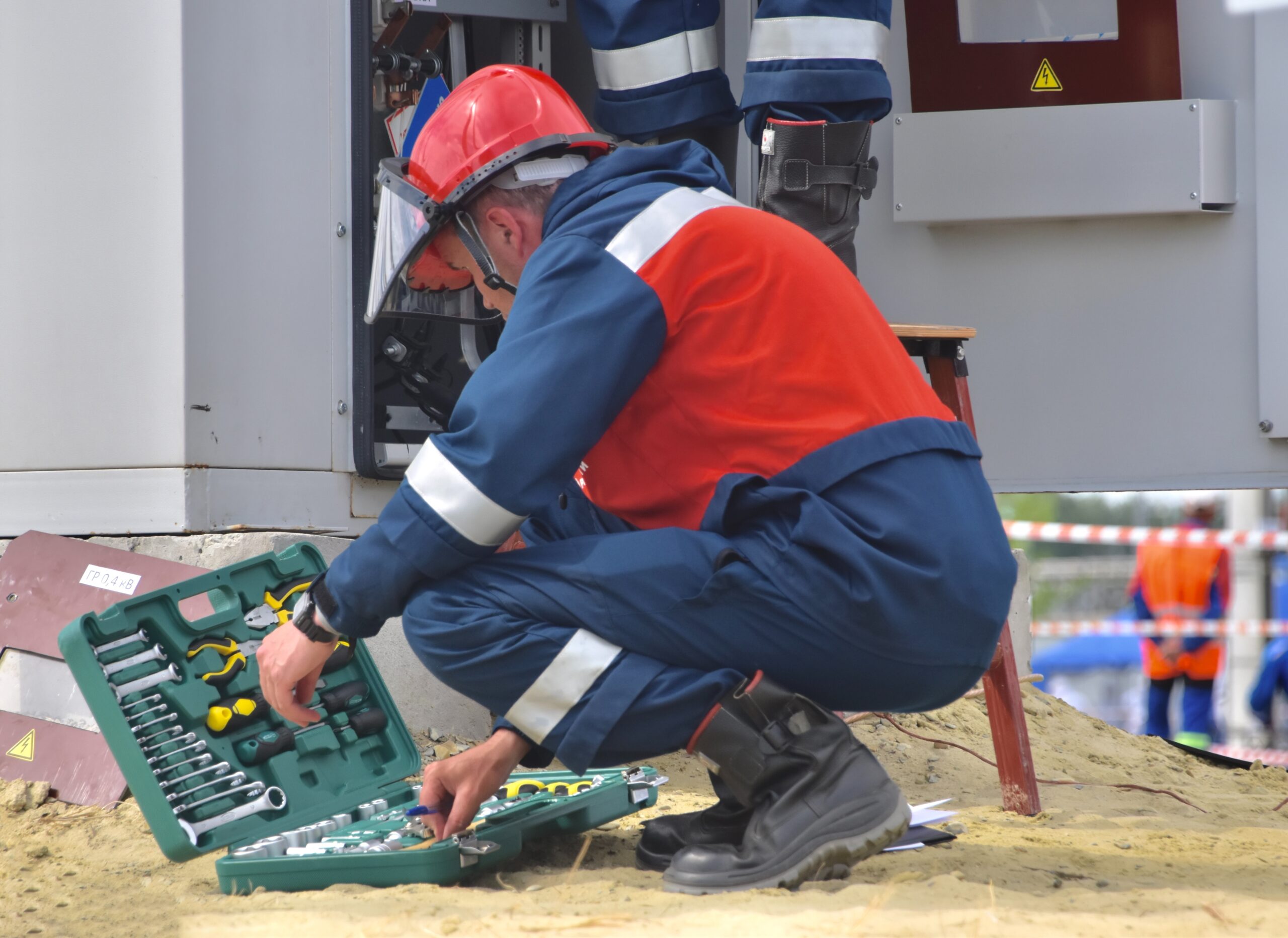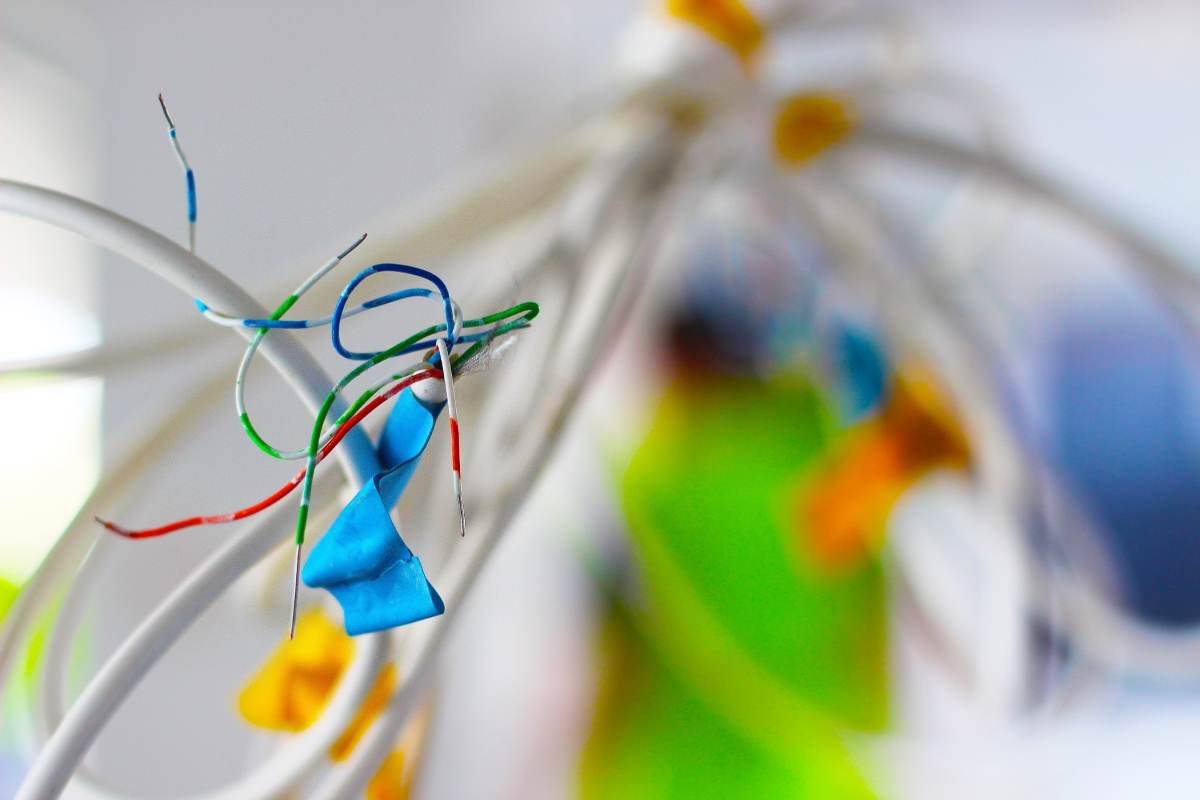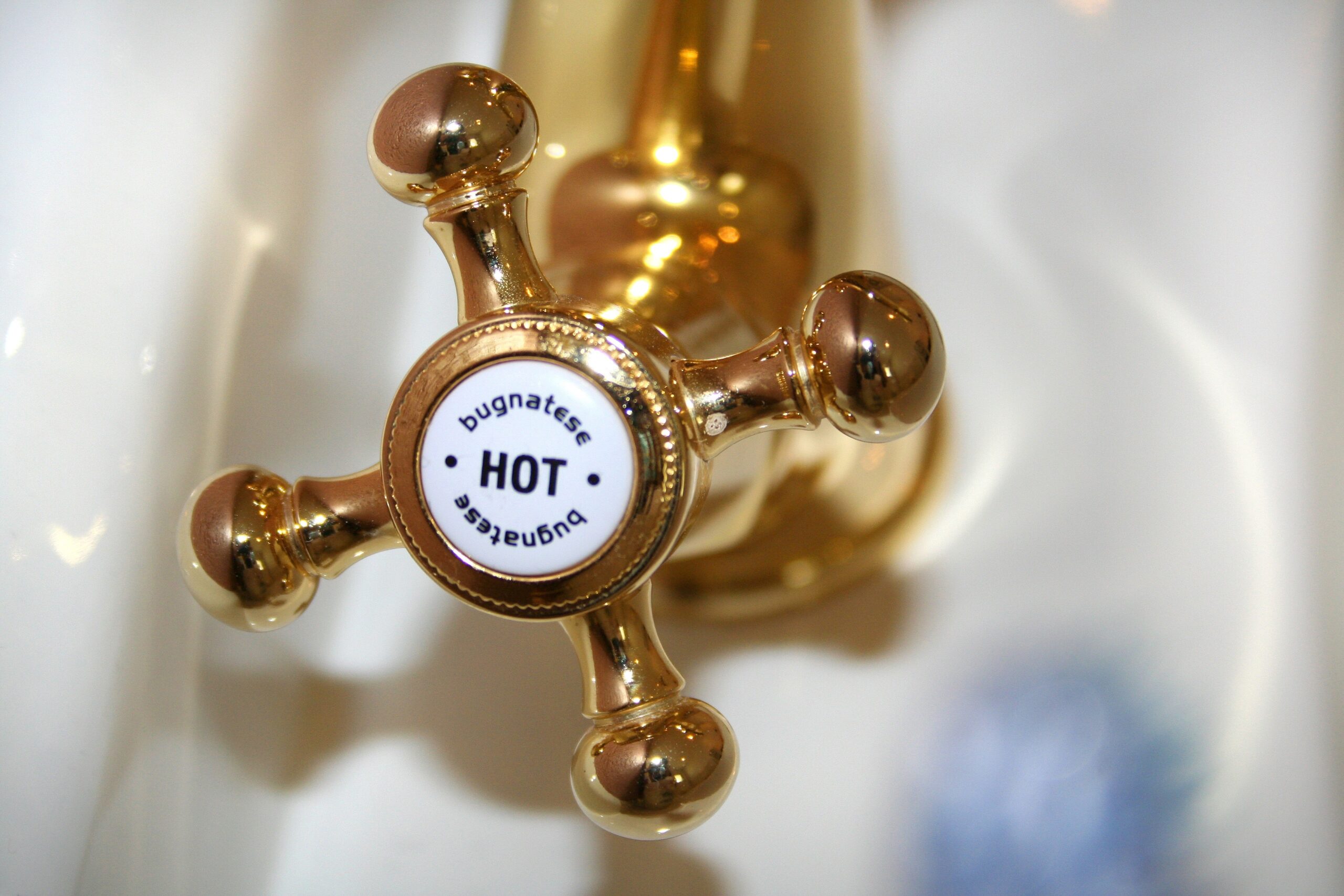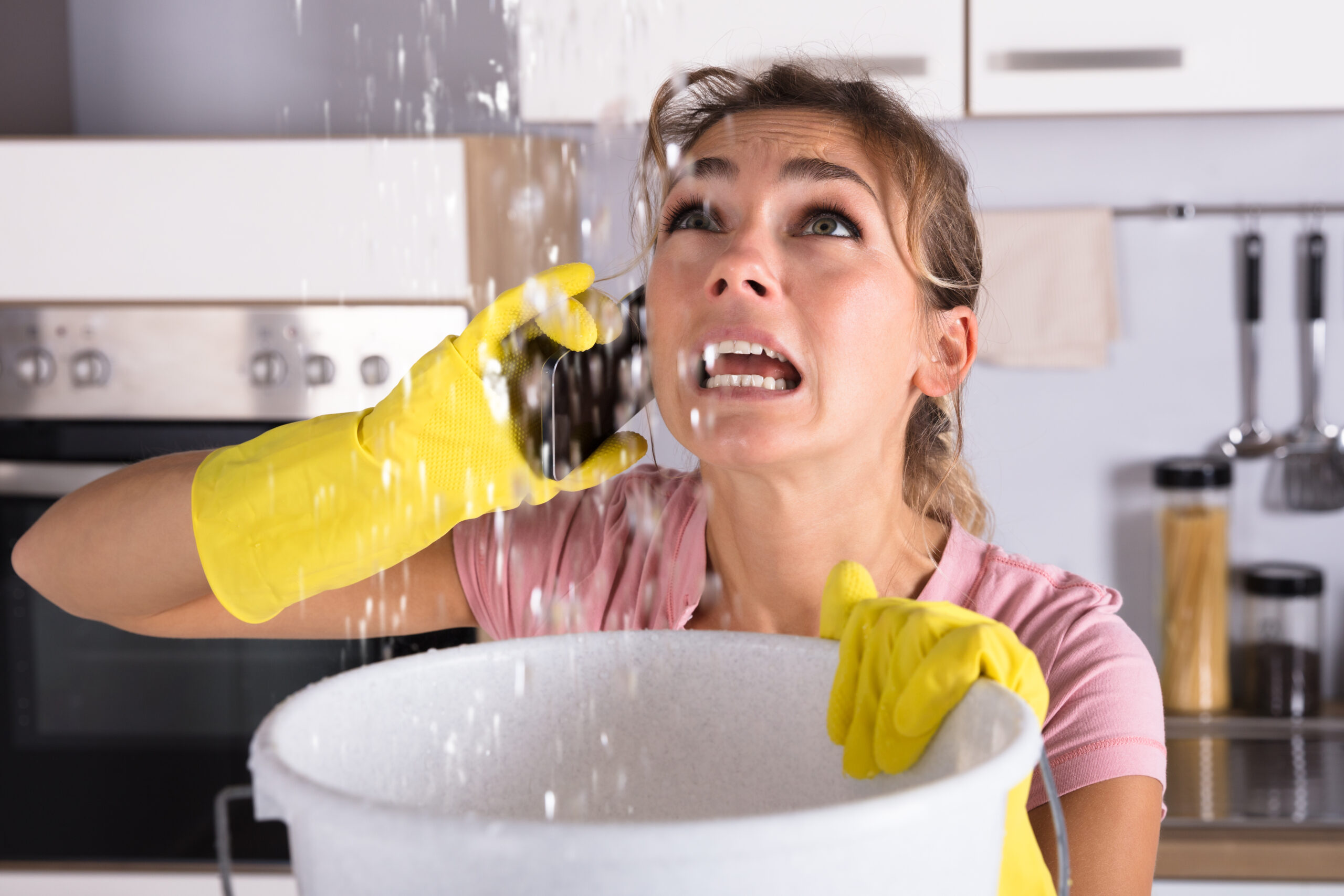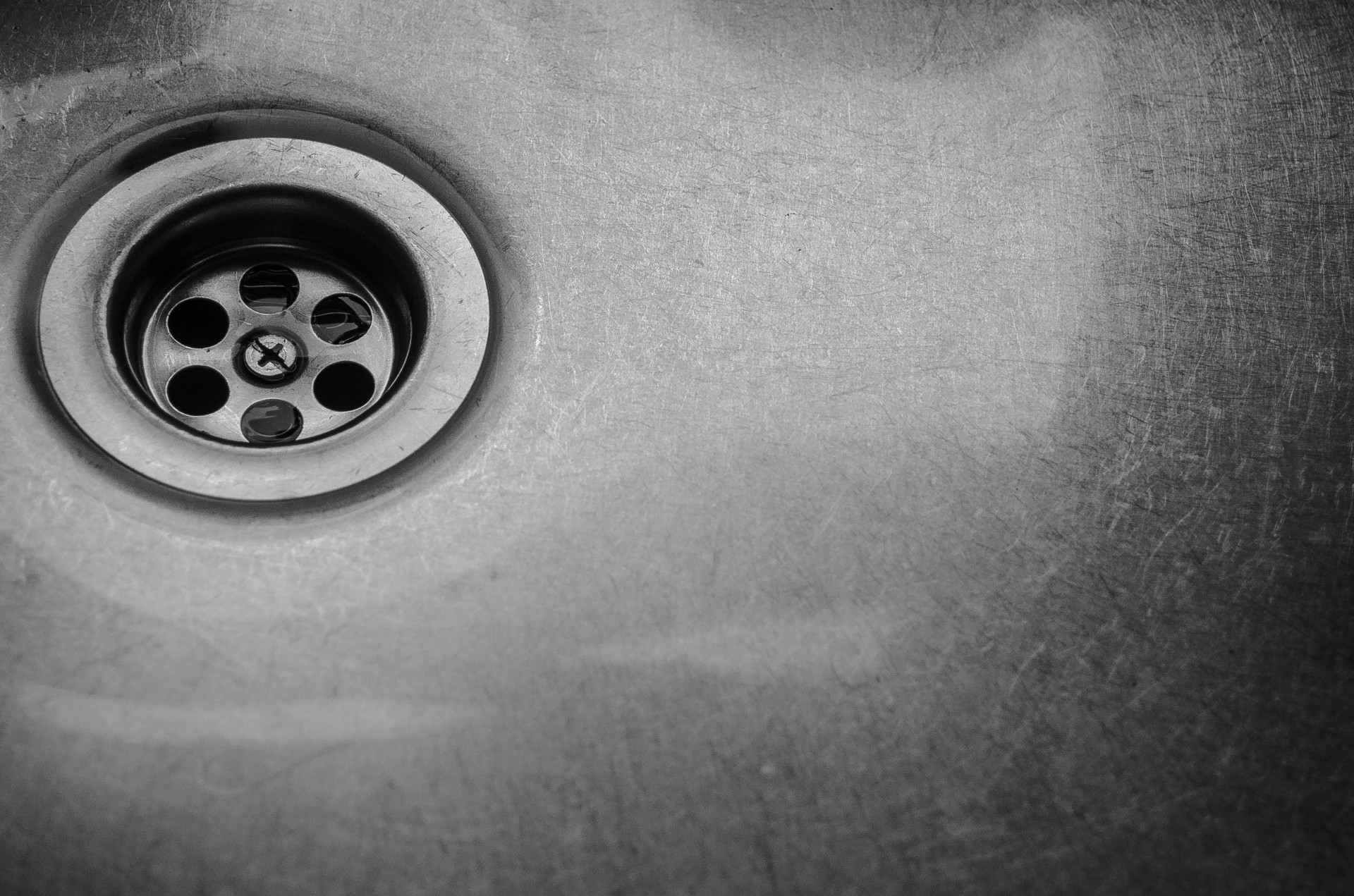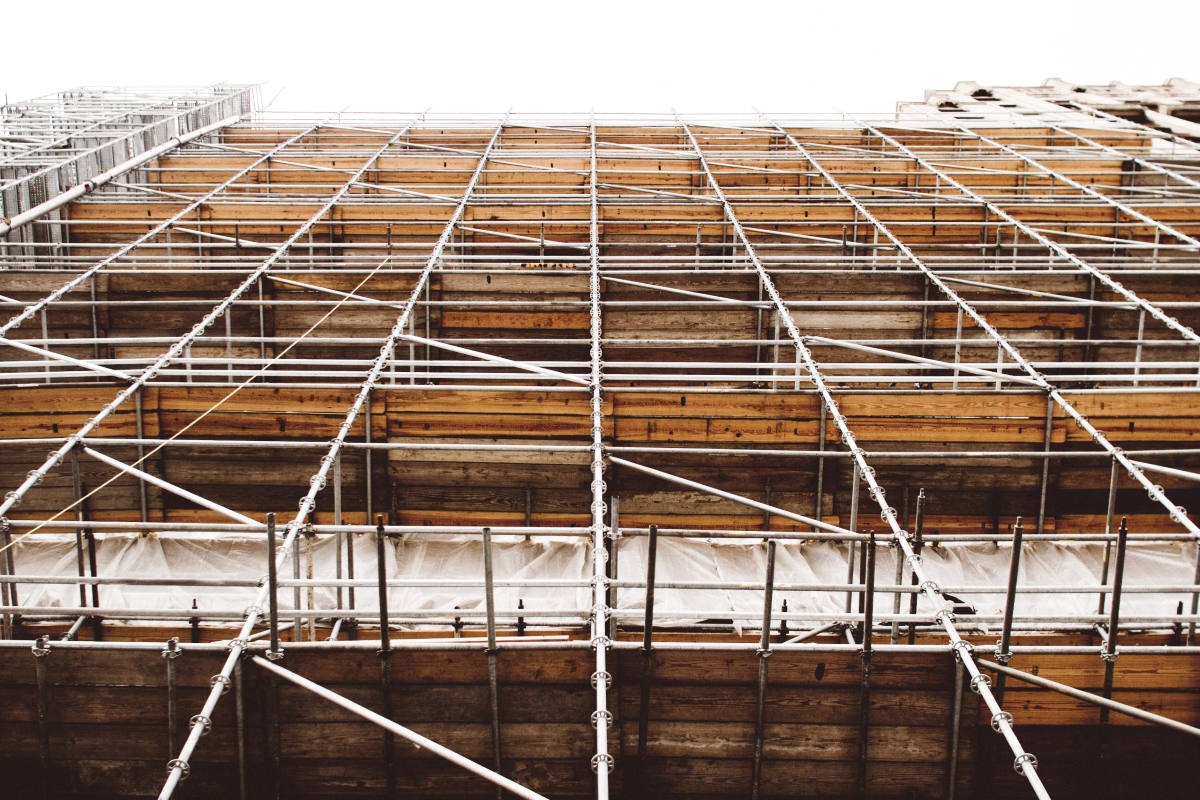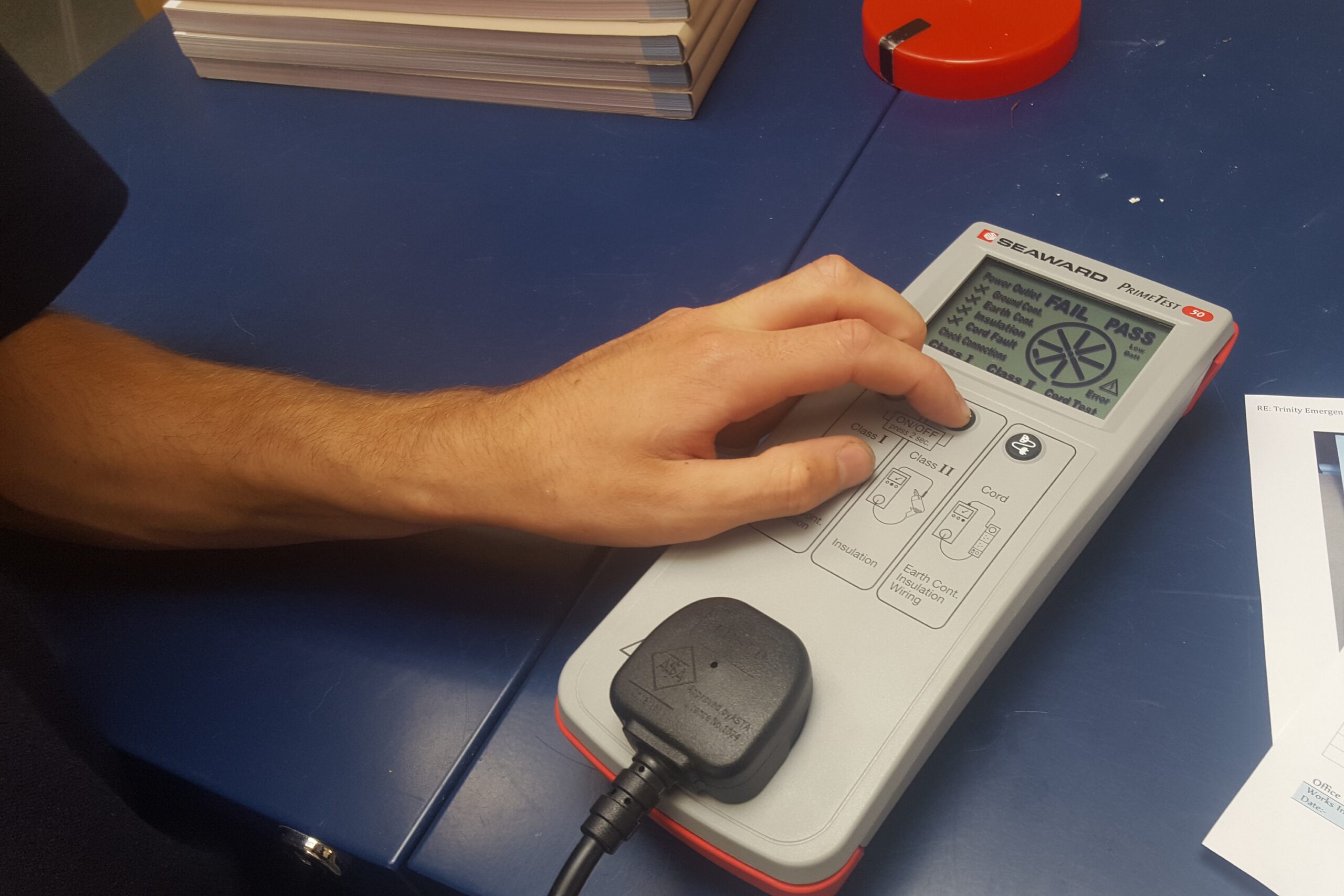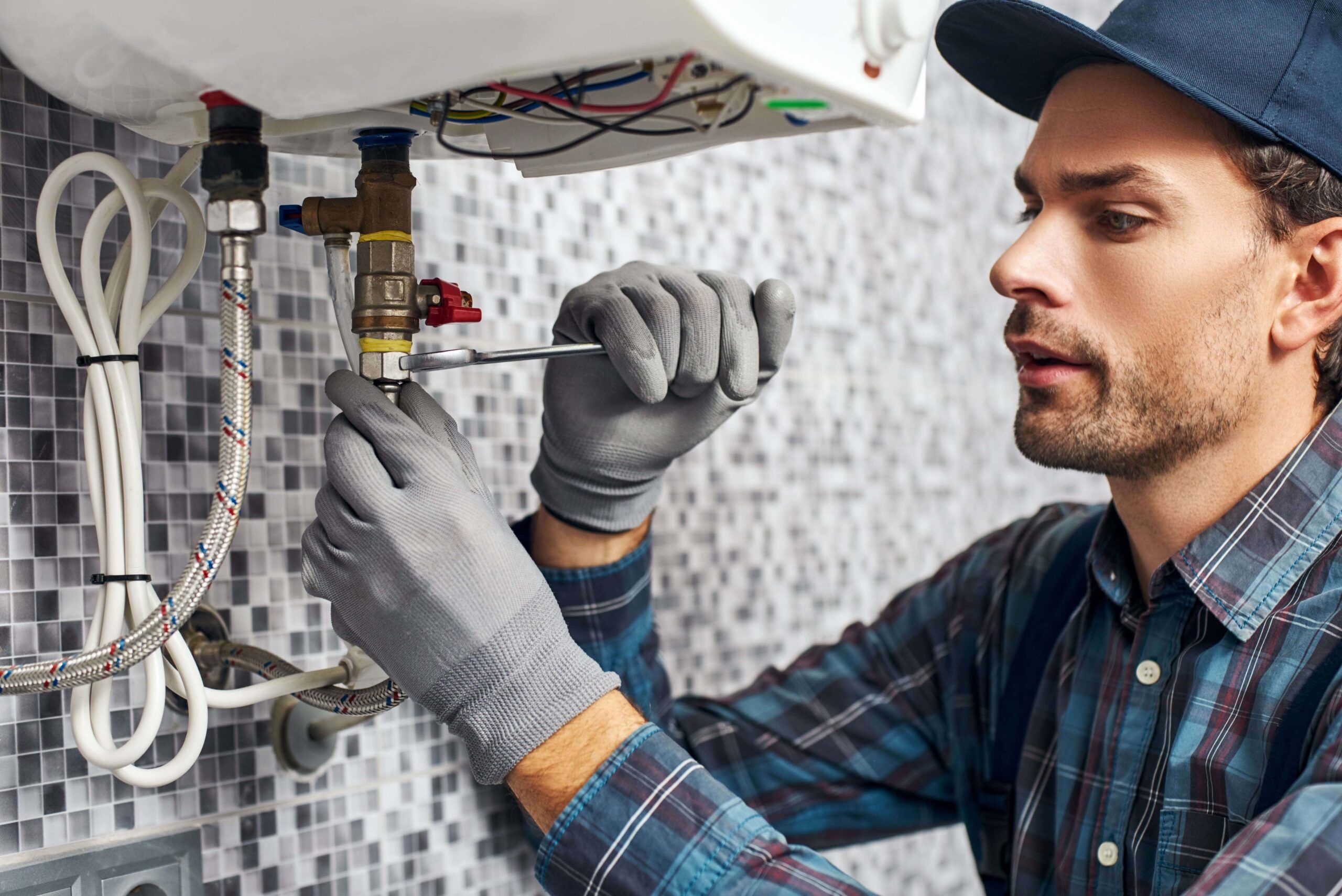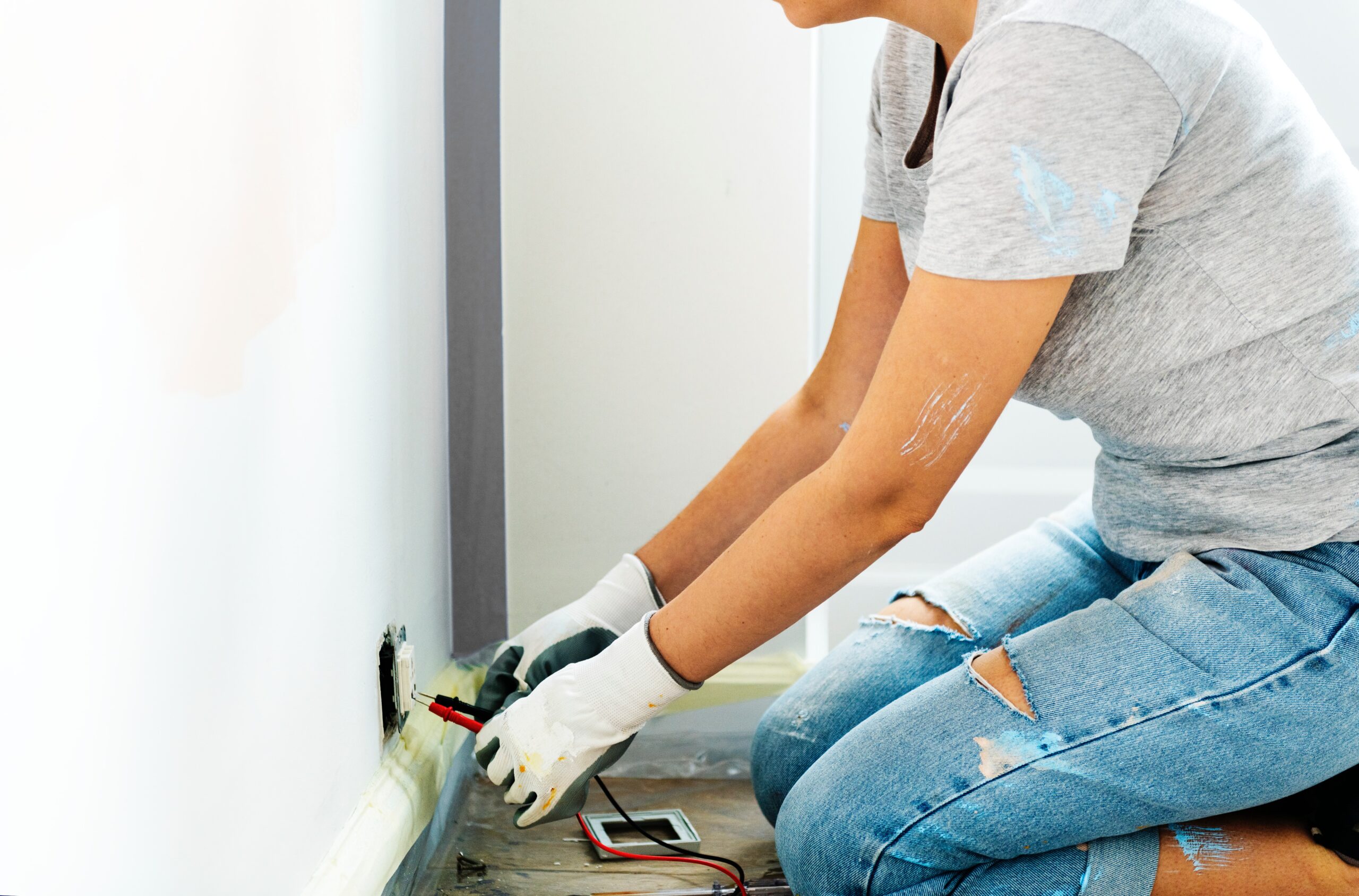Category: Planned Preventative Maintenance (PPM)
How to Create a Planned Preventative Maintenance Schedule
Avoiding Costly Callouts With Preventative Property Maintenance
Home repair callouts are never fun. Even with competitive rates and 24/7 emergency repair services available, property maintenance repairs are an unwelcome drain on your time and bank account. What makes them even more frustrating is how avoidable many of these repairs are. With regular preventative maintenance, many costly callouts can be avoided. Boilers break down, electrical systems are sometimes faulty and leaks happen. These issues are things we all encounter sooner or later. But in this guide, we are going to give you some top maintenance tips for keeping your boiler, electrics and HVAC system running better for longer.
Boiler
Thankfully even when your boiler breaks down repairs aren’t far away thanks to 24/7 emergency boiler repair. Regardless nobody wants their boiler to break down. There are several things you can do to mitigate the risk of a boiler breakdown.
A great start to boiler maintenance is to use pipe lagging. Pipe lagging is insulation used to prevent pipes from freezing and bursting. In addition to pipes, you should also pay attention to your radiators. Bleeding radiators at least once per year to release trapped air will allow your heaters to heat up fully so your boiler won’t have to work so hard. Furthermore, during the warmer months turning your boiler off or switching it to water only is a great way to increase its lifespan. Although it is worth noting you should turn it back on for a little while once per month to prevent pipes from seizing up.
Electrical
The keys to preventing costly maintenance callouts where electrics are concerned is finding potential risks before they become a big problem. The way to do this is regular checks, in particular, PAT testing and an Electrical Installation Condition Report (EICR). PAT (Portable Appliance Testing) is an inspection of electrical appliances connected to electrical outlets via lead and plug. EICR is a fixed wire test which checks the safety of electric systems in a building and highlights any areas of improvement. It is vital that you act on the recommendations to mitigate risks and prevent potentially fatal accidents.
In many instances where a potentially dangerous incident may occur a circuit breaker will cut the circuit preventing damage from a continued electric shock. It is important to include safety switch testing (also known as RCD testing) in your maintenance checks to ensure your residual-current device is operating effectively.
Roofing and Guttering
Routine gutter cleaning is one of the best investments you can make. If left alone for too long, debris such as leaves and twigs will start to clog your guttering. This will turn your guttering from a helpful necessity into the source of significant property damage. Blocked guttering can lead to a leaky roof or water damage. Thankfully it is very easy to prevent this from occurring. A routine clear out of your guttering will keep things running smoothly. Whilst clearing guttering is often a task people take on themselves it is important to understand the risks. Fall-related accidents are common and can be very dangerous. If you are not comfortable cleaning the guttering yourself, you can hire someone to do it for you. In fact, you could combine a gutter cleaning service with our next point – roof inspections.
In addition to your guttering, you should also carry out regular inspections of your roof. A roof inspection will identify any leaks as well as assess the condition of the tiles and more. If a leak is found you can have it fixed before it becomes more serious while any issues with the condition of the tiling can be addressed before it becomes a problem.
Plumbing
When it comes to plumbing, maintenance is not only essential for preventing water damage and floods but often has a more direct effect of reducing your water bill. Leaky taps, showerheads and pipes should be fixed quickly as they can lead to water damage. Appliances such as refrigerators can also be a source of a leak. In addition to checking for leaks, carry out regular checks of your water pressure to make sure it is maintained at a safe level. You can even use a pressure regulator for extra security.
Another easy way to prevent needing to call an emergency plumber is being more mindful of what you put down your drain. For a quick reference guide check out our post 19 Things You Shouldn’t Put Down The Drain (But Probably Do).
HVAC Maintenance
There are several potential problems which could affect the performance of your HVAC system. Regular preventative maintenance is key to undoing the damage and making sure bigger issues are avoided. Firstly, checking filters regularly is an easy but very effective way to keep your system running properly. Filters build up with dust and debris. Routinely checking filters and changing them before debris build-up affects system performance is important. Dust and debris can find its way into other areas of the system other than the filter. As part of a routine HVAC maintenance check, a professional can remove this too. A professional can also check your condensate drain and heat pumps for clogs, ensure moving parts are lubricated and check electrical connections.
We all need home repairs at one point or another. Eventually, our boiler wears down or a pipe bursts and we need an emergency boiler repair engineer or plumber. However, with the tips in this guide that should be further into the future for you than most. By implementing the preventative maintenance measures in this guide as well as the supporting guides we linked to, you can avoid those costly callouts.
Overlooked Property Maintenance You Need To Stop Ignoring
Property maintenance is vitally important. Left unattended, maintenance problems can spiral out of control. Thankfully most of us understand that if our boiler breaks, we need to call a repair company. However, there are some commonly overlooked areas of property maintenance. In this guide, we have highlighted some overlooked property maintenance areas which you may be ignoring but need to start paying attention to.
Roofs and Guttering
Leaks and flooding are one of the most common causes of property damage. Whilst these can be caused by everything from a faulty washing machine to a damaged shower, leaks are more than just a plumbing issue. Issues with roofs and guttering can also lead to leaks which can lead to more serious damage if not repaired (or better yet prevented entirely). Properly identifying leaks requires a thorough assessment and all roofing repairs should be carried out by a professional. If you are comfortable on a ladder you can clear your guttering yourself, making sure to take the necessary precautions. However, you can also hire someone to do it. Many roofers can incorporate gutter cleaning into their other services.
Building Washdown
An external clean of your building may be something you have overlooked. It isn’t most people’s first thought when it comes to property maintenance. However, it has some great benefits.
A building washdown and cladding cleaning can revitalise a building. Whether a commercial property or a home a periodic building wash will help keep your building looking great. If you plan on selling your home this will help you keep your curb appeal. Furthermore, salt air can cause corrosion and lead to leaks so it is important to prevent this from building up. This can be a problem with homes near the sea.
If not done properly there is a risk of damaging your property so it is best to hire a professional with the right experience and equipment.
HVAC Maintenance
Heating ventilation and air conditioning systems are crucial to maintaining a comfortable temperature in any home or commercial property. As with any installation, HVAC systems require maintenance if they are to continue to function optimally. Left unattended, HVAC systems can start to run poorly. They can become less effective even when they are working harder, leading to bad temperature control, a larger energy bill and potentially costly repairs.
There are many potential points of failure with HVAC systems, meaning they will require routine checks to ensure everything is running properly. A routine check from a professional will look at everything from dust and debris build up in filters to electrical connections. If any issues are identified, maintenance can be carried out to correct them before they become a bigger issue.
All Planned and Preventative Maintenance
One of the most overlooked forms of property maintenance is preventative maintenance. Reactive maintenance such as boiler repairs and emergency plumbing are commonplace, but what about taking preventive measure to prevent repair callouts? Being proactive and taking preventative precautions is one of the most overlooked areas of property maintenance and it could be costing you a significant sum in avoidable repairs. A deep dive into every aspect of preventative maintenance is beyond the scope of this guide, given that it covers everything from PAT testing to water treatment and analysis. Thankfully we already have a guide to Preventative Property Maintenance you can check out.
Even those of us who take our property maintenance seriously may be overlooking some aspect. It can be difficult to get to everything but hopefully by adding the property maintenance items outlined in this post to your routine you can better maintain your home or business building. All of the maintenance in this post can prevent significant damage and subsequent costs.
19 Things You Shouldn’t Put Down The Drain (But Probably Do)
Whether it’s down your toilet or your kitchen sink, there are objects and substances that certainly should not be entering your drainage system. There are common culprits that are often discussed in the media, but there are also an array of random things that you may have never even thought about.
There are several reasons why particular objects shouldn’t end up in your drainage system, with the most common result being blocked drains. Having a blocked system can cause several problems for your home or property, such as bad smells, water levels rising and overflowing and even, in the worst case, flooding.
There are also particular objects that should not be put down the sink for environmental reasons and the impact that they have on wildlife. Non-biodegradable objects that are put down the drain often end up in waste landfill or even our lakes and oceans and can be potentially harmful to the environment.
It’s important that we begin to create healthy habits – not only for the good of the planet, but for the health of your own drain at home! Nobody wants to incur an extra cost when they don’t need it and having a blocked drain that needs to be resolved professionally could be one of those costs – if you don’t pay attention to what you put down your drains.
But what exactly shouldn’t you put down the drain? Here’s a list.
19 things that you should avoid flushing…
- Pasta & Rice – It continues to swell once flushed!
- Coffee Grounds – Can cause build up long term in the pipes
- Cooking Oil – This can harden when cool and limit drainage
- Grease – Including the cooked fat from your meat!
- Pet Waste – Cat litter included, even if it is advertised as flushable
- Fruit & Veg Stickers – These are made of plastic and can stick to the sides of drains or filters
- Condoms – Latex doesn’t disintegrate
- Sanitary Products – Contains potential harmful bodily fluids
- Flushable Wipes – Does not disintegrate as well as biodegradable ones
- Cotton Balls/Rounds/Wool – These don’t break down, clogging your system
- Cleaning Solutions – Contain harmful ingredients that can be detrimental to wildlife
- Medicines – Must be disposed of properly
- Fruit Rinds/Skin – Can clump together and only takes a few to cause a blockage
- Flour – This coagulates and hardens in drain pipes
- Egg Shells – They can be ground up and combined with oil to create a thick mess
- Paint – Regardless of if the base substance (oil, water etc), paint can contain harmful toxins
- Paper Towels – Toilet paper should be the only product going down your drain
- Butter & Margarine – Can congeal
- Motor Oil – Contains harmful substances
Although you may have been aware of most of the items you shouldn’t flush down your drain, we hope you’ve learnt something new! Some of the items may seem silly, or you couldn’t possibly imagine doing it yourself, but these are things that are commonly found to have been flushed.
Are you only flushing what is completely necessary?
DIY: What You Need & When to Call A Professional
Fairly often, when things go wrong in the home (or we just need something doing!), the first thing we consider doing is making an emergency call to someone. Sometimes, it can be a family member who you know is fairly handy, but other times it can be an emergency electrician or plumber, depending on what has gone wrong and how quickly you need it solving! We often panic that we can’t do anything ourselves or perhaps we don’t trust ourselves to try and right the wrong.
Despite this, there are definitely a few repairs and home maintenance things that can be done by yourself, provided you have the right tools and equipment to do so. By having some tools ready and waiting, you’ll know when a repair or task is needed, whether you can grab your kit and do it yourself, or if you need to call in a professional.
Drains
Drains have a habit of getting blocked from time to time. Whether you’ve put something down there that you shouldn’t have, or there’s been a blockage further along, it happens. Two pieces of equipment that can help you unclog a drain yourself are a plunger and a drain snake. Both together and seperately, these tools can assist in getting your drain unclogged and back in working order if the issue is small.
However, there may be occasions where the blocked drain causes damage and inconvenience like flooding, larger blockages on your street or foul odours. This may be the situation where you may have to call for a professional in blocked drains. They will be able to assess the situation and work to resolve the issue(s), leaving your drains clear and clean.
Boilers
Boilers are an aspect of your home/property where you have to be extremely cautious and careful. Issues with boilers and gas pipework can be severely harmful if not looked at by a professional. An issue that we commonly come across involves radiators that aren’t fully warm, affecting heating and costing money. This is something that can be solved at home if the problem isn’t a large one. All that you need is a radiator key to ‘bleed’ your radiators and that may resolve the issue. Some other hands-free solutions that you can perform at home include re-pressurising your boiler and manually resetting it.
There are certainly some instances where boilers need professionals to look at them. Whether you’re looking to replace or install a gas boiler, or you smell gas, ensure that you call a professional – the latter could be extremely dangerous.
Odd Jobs
There are plenty of odd repair and maintenance jobs that you can do around your home. Some may require special tools that you can easily grab from your local DIY store, whilst others may require your typical handyman equipment. Jobs include tiling walls, plastering, replacing lightbulbs or fitting new lights altogether, or simply painting and decorating your property.
The above can certainly be simple jobs you can work on yourself with no real danger (if done properly) but they can, however, be time-consuming and messy if not done properly and with care. Property maintenance isn’t something that everyone loves and wants to get involved in, but luckily there are services out there that can take the hassle from you.
Ensuring that your DIY box is filled up with appropriate tools could save you both time and money in the long run, allowing you to do some jobs that professionals aren’t required for. However, as always, ensure you know of and look out for the warning signs of certain issues that may require a professional to step in.
Here at Kiasu, we have teams of emergency electricians, gas & heating engineers and plumbers to assist should you need it.
Workplace Safety: Is Your Business Fully-Certified?
Workplace safety is exceptionally important but making sure your property meets rigorous safety standards can be difficult if you are unaware of the different assessments used to test your safety. In this guide, we will show you the most important certificates, assessments and tests needed to demonstrate your property’s safety and identify areas which may need improving. We will focus on three of the main areas of any property’s safety; electrical safety, fire safety, and gas safety. From EICR and fixed wire testing to gas safety certificates, there are a plethora of ways to improve your commercial property’s safety.
Electrical Safety
Electrical safety is one of the most important areas of any business. The consequences of bad electrical safety can be significant, ranging from shocks and burns which can be harmful to employees, to fires and explosions which can destroy a property and even be fatal. There are a few assessments you can undergo to make sure your electrical safety is up to standard.
Firstly, portable appliance testing (more commonly known as PAT testing) can be used to ensure electrical safety across all appliances which are connected to electricity through a lead and plug. Health and safety laws make it a legal requirement that all appliances are tested regularly.
Secondly, a business can acquire an Electrical Installation Condition Report (EICR) to evidence that electrical installations are up to standard. An EICR will detail the findings of fixed wire testing which is crucial to identifying potential electrical hazards. An EICR is so incredibly important to health and safety that recent laws have made them mandatory in privately rented residential properties.
Fire Safety
A fire can be devasting to a business which is why it is important to implement precautions to prevent them as well as take measures to mitigate their damage if they occur. Businesses are no longer issued fire safety certificates and instead must undertake a fire safety assessment. This puts the onus of fire safety on the business and its “responsible person”. A fire safety assessment will cover the full breadth of fire safety measures for businesses. You can read a step by step guide to implementing a fire safety assessment in our Guide to Fire Safety.
Fire alarm and fire door installation is essential, and all smoke detectors should be tested routinely. Fire extinguishers should be placed throughout the building. Properly training employees on fire safety and the evacuation process in the event of a fire is also fundamental to keeping employees safe. A fire safety assessment will cover all these elements and more.
Gas Safety
Commercial property gas safety obligations fall into two main areas; maintaining all gas installation and keeping records of an annual gas safety inspection. Maintenance is required for all gas installations and appliances. Gas safety maintenance includes an annual inspection and servicing by a Gas Safe registered engineer.
You legally require a Gas safety certificate which can only be issued by a Gas Safe engineer. To get a Gas Safety certificate an engineer will need to visit your premises and carry out an inspection of all gas appliances including a visual inspection and functionality, operations and pressure tests. The extraction methods of appliances which use an extraction system to extract combustion gases will be assessed for suitability.
The health and safety of your employees and those visiting your commercial property is extremely important. To best protect them from hazards (and yourself from legal consequences) you need to make sure your businesses is taking all the necessary precautions and has obtained the required certificates which evidence that safety measures have been put in place.
Reducing Utility Bills: Top Tips
Our utility bills account for a large portion of our expenditure. This isn’t all bad, however. In fact, it means that by putting some time into this one area we can cut our spending by notable sums. We are not saying that you will be able to buy your dream car just by switching to energy-saver lightbulbs but with a few changes you can cut down your utility bills and save a little bit extra – it all adds up.
Boiler Maintenance
Your boiler is one of the biggest factors in the cost of your utilities. If you do not carry out the necessary boiler service and repairs, it will run inefficiently requiring more energy to do the same job. More energy equals more money. In other words, if you don’t stay on top of your boiler maintenance you are throwing away cash. Not to mention the costs of repairing your boiler if it breaks down. Read our guide to boiler maintenance for all the tips on keeping it running efficiently (and in turn cutting down your utility bill).
Insulation
When winter comes around, you will naturally see an increase in your use of heating. This increased use comes along with increased energy bills. However, you can mitigate some of this increased use by properly insulating your home. Insulation can help keep your home warmer reducing the need for central heating. Wall and ceiling insulation are important, but you can also insulate your pipes meaning your boiler won’t have to work as hard during the winter. All this insulation adds up and so to do the energy bill savings.
Efficient Use of Appliances
The easiest way to throw away money by needlessly increasing your utility bill is an inefficient use of appliances. Using a dishwasher for just a few dishes is a clear example of this. Similarly, small laundry loads waste both energy and water. Even the temperature of your refrigerator could be costing you money. If you are inefficiently using your refrigerator by having it set too cold you could be wasting energy and adding to your energy bill. Almost all appliances can be used more efficiently. Simply by being cognisant of this when using them you can cut back their energy use and reduce your utility bills. Limit the washing machine to full loads, air dry instead of using the tumble dryer where possible, and only use the dishwasher when it is full and you are well on your way to cutting down your utility bill.
Energy Efficient Appliances
Using your appliances efficiently is a great way to cut down the energy bill but it can seem like an uphill battle if your appliances themselves are inefficient. An appliance’s energy efficiency rating will give you a good idea of its energy consumption. The more efficient an appliance is the less energy it uses. The less energy it uses the lower your utility bill. It seems simple and it is. Merely by owning more energy-efficient appliances, you can start making savings on your utility bills.
Energy Grants
Many people don’t know it but when it comes to energy bills there is often free cash up for grabs. Government grants, for example, could give you money off your energy bills or help you pay for insulation or installing solar panels. Not everyone is eligible for all the available options, but you might find one that you can take advantage of. There are grants from the government and energy suppliers so there are plenty of options to explore. Check out this “Government energy grants for your home” guide from Which for more details.
Our utility bills can often become quite expensive but by following the tips in this guide you can reduce them and start making some savings.
Why should you get your boiler serviced regularly?
People go all summer without touching the thermostat, but as the weather turns colder, and they turn to their heating system to provide warmth and comfort, they could find that it’s not working at all.
In that case, the need to get an emergency plumber out will be a costly expense that could’ve been avoided.
Servicing your boiler regularly keeps it healthy
If boilers aren’t looked after properly, they can become faulty and, in the worst-case scenario, be fatal. It’s not uncommon to experience boiler problems from time to time but to minimise the possibility of a bigger issue, we recommend regular boiler servicing.
Every boiler should at the very minimum have a service every year carried out by a Gas Safe engineer. They will fully assess the current condition of your boiler and make sure it’s running more safely and efficiently.
Reduce boiler breakdowns
One of the obvious benefits of regular gas servicing is that you can avoid costly boiler breakdowns. The costs can quickly mount up when you find yourself calling out a specialist for a boiler-related emergency.
Instead, by keeping on top of your boiler maintenance and servicing, you can keep your boiler in great working order and identify issues before they get worse.
Save money in the long-term
Maintaining the condition of your boiler will save you money in the long-term. You may begrudge the cost of paying for regular servicing but these costs will be significantly less than the cost of repairing or replacing a boiler that hasn’t been serviced and breaks down.
Keep you and your family safe
Regularly servicing your boiler will make sure it’s combusting fuel safely and efficiently, minimizing the risk of carbon monoxide poisoning. Carbon monoxide is odourless, colourless and tasteless, meaning that most don’t even know they are being poisoned.
For the elderly, vulnerable, or those with young children, a lack of heating and hot water can have severe health and financial implications so ensuring you have a working boiler is a must.
Boiler servicing needs to be done by a Gas Safe engineer
As property maintenance specialists, we recommend getting your boiler serviced at least once a year by a Gas Safe engineer. This regular boiler servicing will keep your boiler working effectively for longer, reduce the risk of boiler breakdowns, save you money in the long-term, and keep your family safe.
Speak to our team today for all your boiler servicing needs. Give us a call on 0208 988 1662 or email us with your enquiry.
What is an EICR? – Kiasu Workforce
What is an EICR (Electrical Installation Condition Report)?
An Electrical Installation Condition Report (EICR) is an inspection to test the safety of the electrical circuits in a building.
Any electrical installation should always be covered by an up-to-date EICR, or periodic inspection report. An Electrical Installation Condition Report is not always a strict legal requirement, however it fulfils the conditions of laws such as the Electricity at Work Act 1989.
An EICR is vital to ensure safety and compliance. Without an EICR, landlords can be held responsible for electricity-related injuries or deaths.
What does an EICR cover?

During an EICR, the fuse board, wiring and electrical accessories are inspected and tested for faults or deviations from the Wiring Standards. Throughout the test, the following will be checked:
- Adequacy of earthing and bonding
- Fire/electric shock protection devices
- Any damage or wear & tear that might affect the safety of building users
- Identification of any damaged electrical fittings/accessories
- Identification of exposed live wires that could cause a fire or injury
Only a skilled and competent registered electrician should carry out an EICR.
How often does an EICR need to be carried out?
BS7671 (17th Edition Wiring Regulations) recommends homeowners carry out an EICR at least every 10 years in domestic properties. It is also important to have one done if you are moving out or into a new home. Your insurance may require one – or if you suspect your current electrics are old or faulty, it’s a worthwhile check. The only exception to this is if the property has a swimming pool – this should ideally be tested once every year.
Under the Landlord and Tenants Act (1985), landlords must ensure that the electrical installation in a rented property is maintained safely throughout a tenancy. To ensure this, BS7671 recommend an EICR test at change of tenancy or at least every 5 years. We also recommend annual PAT testing.
Whilst it is not a legal requirement for a business to have an EICR, employers are legally responsible for the welfare of employees. Under the 1974 Health and Safety at Work Act and the Electricity at Work Act 1989, employers must take precautions against the risk of injury from electricity used as part of work activities. BS7671 recommends an EICR be carried out at least every 5 years.
How much does an EICR cost?
BS7671 gives guidance on testing and sample testing in particular. In larger installations, it is legally acceptable to just test a small sample of the final circuits. Lighting and socket circuits, for example, are final circuits. We wouldn’t recommend this, as it can give a misleading view of an installation.
To obtain the true price of your EICR, ask each electrical contractor for the number of circuits they will test. This is the figure to factor into your cost comparison.
Also, unscrupulous contractors sometimes price an EICR at a loss on the basis that they will inflate the costs of the remedial works to make up for the initial low cost of the test. Unfortunately, it can be very difficult to quote for remedial works from another contractor’s test certificate. Beware of prices that seem too good to be true!
A typical Electrical Installation Condition Report could start from something like £280 + VAT for six circuits, with additional circuits charged at around £20 per circuit. A typical three bedroom property will take around four hours to complete.
Electrical checks I can carry out myself
 Finally, we’re not advocating you taking your fuseboard apart and having a fiddle round with a screwdriver. However, there are several easy tests you can do yourself. Here are a number of risk-free visual checks you can carry out at home:
Finally, we’re not advocating you taking your fuseboard apart and having a fiddle round with a screwdriver. However, there are several easy tests you can do yourself. Here are a number of risk-free visual checks you can carry out at home:
- Ensure your extension leads are being used correctly – not in sequence
- Check wires for frayed sections, exposed metal core and areas which are vulnerable to damage
- Check sockets and light switches for any cracks, discolouration or burn marks
- Ensure that electrics in your bathroom are situated at least 3 metres from water appliances
- Test your RCD by pressing the “test” button. All the appliances protected by the RCD should switch off – if they don’t, call an electrician
Most importantly, ensure your property is maintained at an appropriate schedule, by a qualified, NICEIC-approved electrician.
